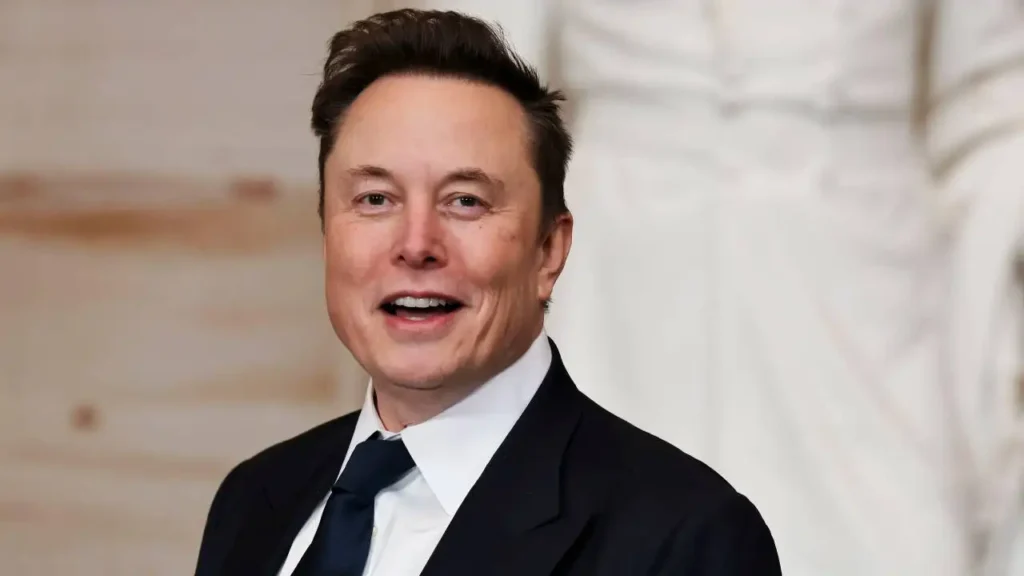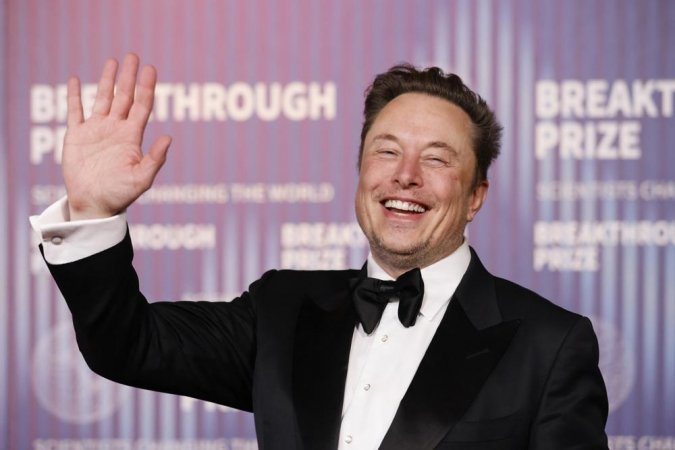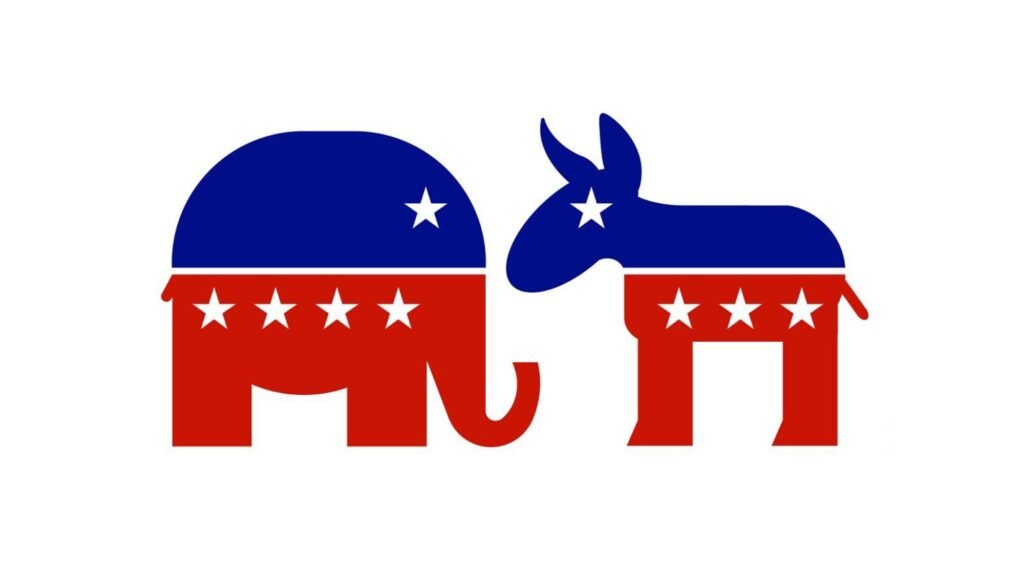Tesla CEO’s Break with Trump Sparks Third-Party Ambitions in Nation Where Two-Party System Reigns Supreme
The world’s wealthiest individual is attempting to reshape American politics from the outside. Elon Musk announced Saturday he is forming a third political party after a dramatic falling out with Donald Trump, marking a stunning reversal for the billionaire who once danced alongside the former president at campaign rallies and invested a quarter-billion dollars in his political comeback.The announcement represents more than just another political tantrum in Washington—it signals a potential seismic shift in how money and influence could challenge America’s entrenched two-party system. Yet history suggests Musk’s political ambitions may prove far more challenging than launching rockets into space.
The Genesis of a Political Divorce
The Tesla and SpaceX CEO’s political journey reads like a high-stakes soap opera. Just months ago, Musk stood as one of Trump’s most visible supporters, bringing his young son to meet the president in the Oval Office and accepting a role leading the Department of Government Efficiency. That honeymoon period ended abruptly when Trump’s massive domestic spending bill—dubbed the “One Big Beautiful Bill”—passed Congress despite Musk’s fierce opposition.
The legislation, which Trump championed as his signature achievement, includes enormous spending commitments and tax cuts projected to add over $3 trillion to the national deficit over the next decade. For Musk, whose companies have benefited from government subsidies and contracts, the bill represented everything wrong with Washington’s approach to fiscal responsibility.
Musk left the Trump administration in May and revealed he was fiercely opposed to President Donald Trump’s One Big Beautiful Bill Act, setting the stage for a public feud that has captivated political observers and social media users alike.

The America Party Vision
Musk’s political movement, which he calls the “America Party,” emerged from his growing frustration with what he describes as Washington’s “uniparty” system. He said his party would focus on reducing the national debt — which he said neither Democrats nor Republicans were capable of doing, positioning fiscal responsibility as the cornerstone of his political platform.
Unlike traditional third-party efforts that aim for nationwide transformation, Musk says the party would focus “on just 2 or 3 Senate seats and 8 to 10 House districts”, suggesting a more targeted approach to political disruption. This strategic focus reflects a businessman’s understanding that concentrated resources often yield better results than diffuse efforts.
The timing of Musk’s announcement appears calculated to maximize impact. Following a social media poll where users supported creating a new political party by a two-to-one margin, Musk declared that Americans “shall have” their alternative to the Republican-Democratic duopoly.

The Billionaire’s Political Arsenal
Musk brings unprecedented resources to his political venture. As the world’s richest individual, his financial capacity dwarfs that of any previous third-party challenger. His ownership of X (formerly Twitter) provides him with a direct communication channel to millions of Americans, bypassing traditional media gatekeepers who have historically limited third-party visibility.
His business empire spans multiple sectors that intersect with government policy—from electric vehicles and space exploration to satellite communications and artificial intelligence. This diversity gives him both leverage and vulnerability in political battles, as his companies depend on government contracts and regulatory approval.
However, even as he mused about launching a third party, Musk implied this week he could remain engaged in Republican politics, suggesting his political strategy may involve multiple pressure points rather than a complete break from existing party structures.

The Structural Fortress Against Third Parties
Despite Musk’s resources and ambition, American political history offers sobering lessons about third-party challenges. For third-party U.S. presidential candidates, getting on state ballots is challenging and expensive, thanks to a patchwork of U.S. laws designed by Republicans and Democrats, creating institutional barriers that even billionaires struggle to overcome.
The mathematical reality of American elections works against third-party success. The U.S. is home to more than 54 political parties, but only two parties — the Democrats and Republicans — dominate the modern American political process, reflecting systemic advantages that extend beyond mere voter preference.
Despite Musk’s deep pockets, breaking the Republican-Democratic duopoly will be a tall order, as political analysts have noted. The winner-take-all nature of most American elections means that even substantial third-party support often translates into zero electoral victories.
Historical Precedents and Modern Realities
Recent election cycles have witnessed multiple third-party efforts that failed to achieve meaningful electoral success. The 2024 presidential election saw candidates from the Libertarian Party, Green Party, and People’s Party all fail to prevent the Trump-Harris race from dominating national attention.
Even the most successful third-party movements in American history—from Theodore Roosevelt’s Bull Moose Party to Ross Perot’s Reform Party—ultimately failed to establish lasting political alternatives. These movements often succeeded in highlighting specific issues or influencing major party platforms, but they rarely achieved sustained electoral success.
The current political environment presents both opportunities and challenges for Musk’s venture. Growing dissatisfaction with both major parties among voters could create an opening for alternatives. However, the polarized nature of contemporary American politics also means that many voters view third-party candidates as potentially dangerous spoilers rather than legitimate alternatives.
The Technology Factor
Musk’s political ambitions benefit from technological tools unavailable to previous third-party challengers. His control of X provides unprecedented access to public discourse, allowing him to shape narratives and mobilize supporters without depending on traditional media coverage.
Social media platforms have already demonstrated their ability to influence political outcomes, from grassroots organizing to fundraising. Musk’s technical expertise and platform ownership could enable innovative approaches to political campaigning that bypass traditional barriers.
However, technology alone cannot overcome structural electoral barriers. Ballot access requirements, debate participation thresholds, and campaign finance regulations remain formidable obstacles regardless of digital innovation.

The Path Forward
Republican Rep. Jimmy Patronis of Florida told NewsNation: “Elon Musk is not gonna create a new political party… Trump knows that sometimes you’re going to have [a] falling out with those that you trust”, reflecting skepticism even among political insiders about Musk’s third-party ambitions.
Yet Musk’s track record of achieving seemingly impossible goals—from revolutionizing electric vehicles to making space travel routine—suggests that dismissing his political ambitions would be premature. His approach of focusing on specific congressional races rather than nationwide transformation may prove more realistic than previous third-party efforts.
The ultimate test of Musk’s America Party will come in upcoming electoral cycles. Whether his combination of personal wealth, technological platforms, and political grievances can overcome the structural barriers facing third parties remains an open question.
Implications for American Democracy
Musk’s political venture raises fundamental questions about the role of wealth in democratic systems. While his resources could potentially break the two-party monopoly, they also highlight concerns about plutocratic influence in American politics.
The success or failure of the America Party could influence how future wealthy individuals approach political engagement. A successful Musk candidacy might inspire other billionaires to launch similar efforts, potentially fragmenting the American political landscape in unprecedented ways.
Conversely, failure might reinforce the durability of the two-party system and demonstrate the limits of even extraordinary wealth in overcoming institutional barriers.

“The coming months will reveal whether Musk’s America Party represents a genuine threat to American political orthodoxy or merely another expensive experiment in challenging an entrenched system. Whatever the outcome, his effort will likely provide valuable lessons about the intersection of wealth, technology, and political power in contemporary America.“

